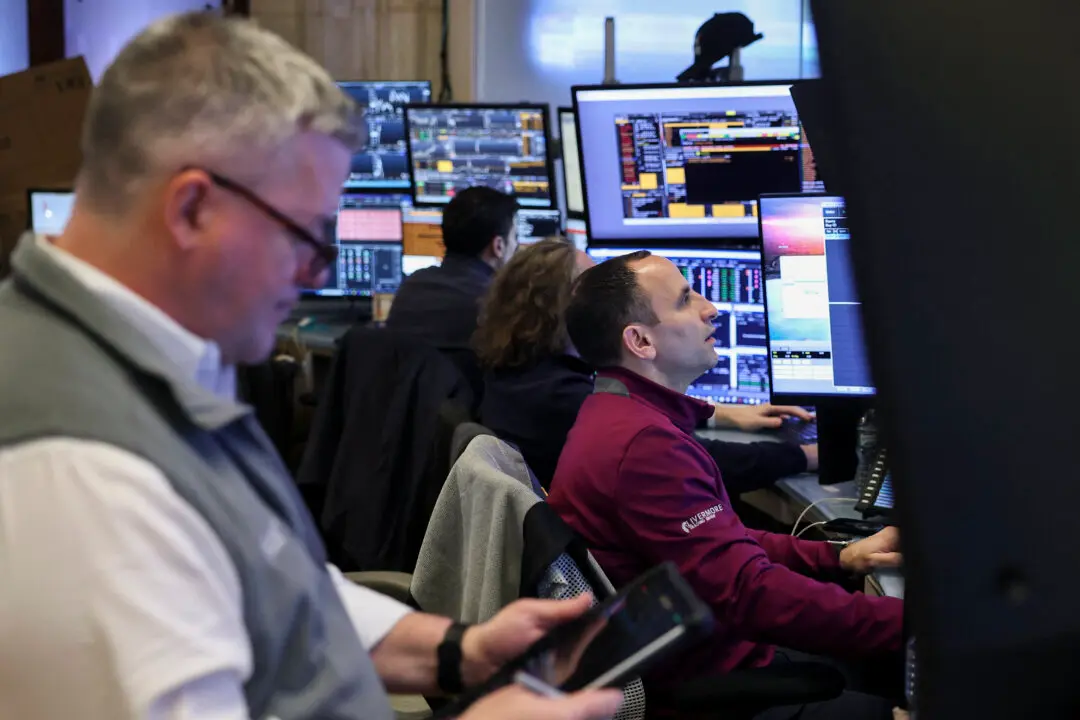The rally in U.S. stocks stalled last week on mixed earnings reports and rising bond yields ahead of the Federal Open Market Operations (FOMC) meeting next week.
Panos Mourdoukoutas is a professor of economics at Long Island University in New York City. He also teaches security analysis at Columbia University. He’s been published in professional journals and magazines, including Forbes, Investopedia, Barron's, IBT, and Journal of Financial Research. He’s also the author of many books, including “Business Strategy in a Semiglobal Economy” and “China's Challenge.”
Author’s Selected Articles





